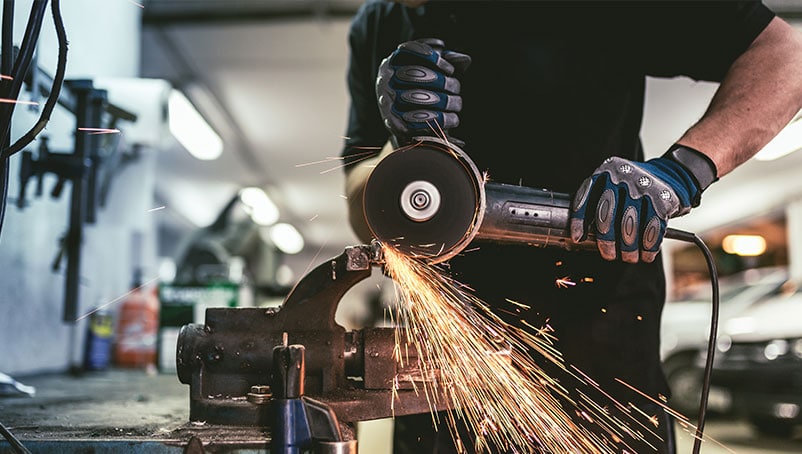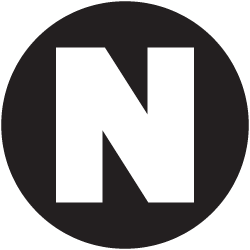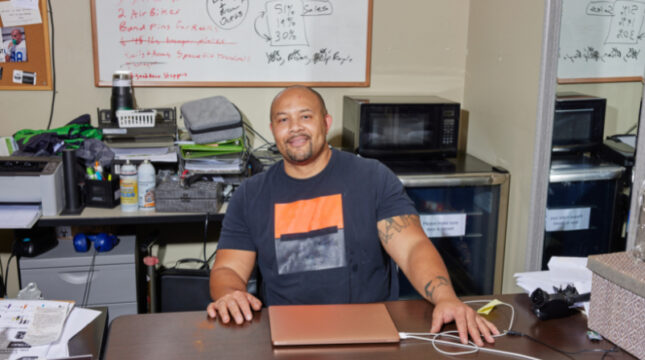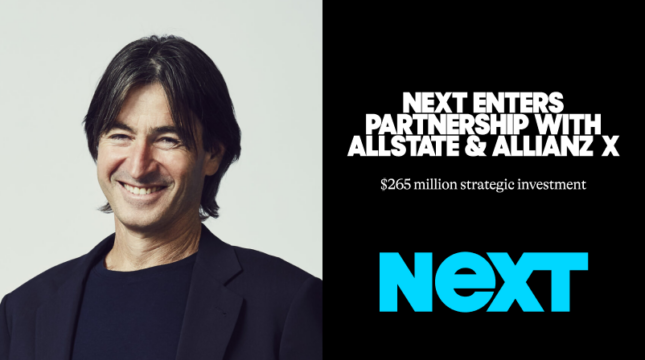One of the many challenges small business owners face is financing. Before you turn a profit, you have to get the capital to fund your operations. Often, that means reviewing options for business equipment financing. This can take up a large part of your budget, but you may benefit from tax breaks depending on the terms of your contracts.
But tax breaks aren't the only consideration when it comes to equipment financing. You might want to look at your monthly expenses, overall budget, and what kind of purchase is best for your company. In addition, any major purchase you make for your business should benefit your operations. When it comes to equipment, think about efficiency and the safety of your employees.
Options for Commercial Equipment Financing
One of the first decisions you should make is whether to buy or lease your small business equipment. If you buy your equipment, you own it outright, even if it takes time to pay off. If you lease the equipment, it belongs to someone else unless you and the current owner agree that you will take possession at the end of the lease.
- Buy equipment outright: You can finance through small business equipment loans or with cash you already have in the bank.
- Operating lease: You rent this equipment and return it at the end of the term.
- Capital lease: At the end of the lease term, you own the equipment outright.
Leases come in many different types. For example, you may be presented with a fair market value lease or a $1 purchase option lease. You can think of these as kinds of capital leases, because at the end of the term you have the option to buy. With a $1 buy out, you know how much you pay at the end. With a fair market value lease, you won't know the purchase price until the time comes -- but you should pay no more than fair market value.
Fair market value leases often have lower monthly payments. But buyout leases also give you the certainty of knowing how much the total cost will be. Predictability may be an important factor in business equipment financing.
These leases are the most common options. However, you can also get creative with other arrangements. You can look for used equipment on industry websites and through word-of-mouth. You can also split the cost of buying the equipment with a business partner, or have a shared use arrangement with another company.
Whether you're teaming up with a business contact, family member, or friend, it's a good idea to have some legal paperwork in place so you know who owns what. That's to protect you if your business takes a new direction. It's also necessary to make the paperwork transparent for tax time.
Potential Tax Deductions
Whether you buy or lease, your commercial equipment financing payments are a potential tax deduction. How you claim it depends on your contract. If you intend to buy the equipment, such as with a capital lease, you can take advantage of depreciation deductions. If you have an operating lease, you can deduct these payments as rent. Of course, taxes are always a complicated aspect of funding a small business. So it's best to discuss the exact details with an accountant or financial advisor before you file.

Small Business Equipment Loans
If you decide to buy what you need, there are several places you can go to get business equipment financing. Your bank, third party lenders, and government-backed SBA loans are all possible options.
Business line of credit: Your bank may approve you for a line of credit that you can use for business expenses. You can use this as a form of heavy equipment financing, where you pay the money back over time. Some lines of credit only charge you the interest every month.
Specialized equipment loan: This is a term loan where the equipment is collateral. The benefit is predictable monthly payments and a confirmed payoff date. Your current financial institution may agree to a specialized equipment loan, or you may also find financing through third party lenders who take on higher-risk borrowers.
SBA-backed loan: This provides your lender with some protection in the form of a guarantee that part of the loan will be repaid if you default. It may make it easier for you to gain approval from your bank. There are different kinds of SBA financing, some of which may be used for small business equipment loans.
How Financing Helps You to Choose the Right Equipment
Of course, it doesn't all come down to dollars and cents. Before you decide what financing route to take, it's smart to decide what kind of equipment you need. Sharing equipment or buying used equipment may sound like a good idea. But if you can't confirm that regular maintenance was performed, or that the items are in good working order, you may be taking a big risk -- for you and your employees.
Safety concerns are just one factor. Your business insurance provider may offer lower premiums if you are using newer, better equipment. On the flipside, they may refuse to offer certain types of coverage or pay out claims if your items are out of date or unsafe.
In particular, construction equipment financing may be complicated because of the powerful machinery used in this line of work. As an employer or contractor, you have to ensure safety, and that means in part not exposing workers to unnecessary risks. As you're thinking through options, have a look at what kinds of construction insurance are available to you, and the conditions on getting them.
Look at the Big Picture
There's a lot to think about when it comes to financing your business. It's sensible to consider that the cheapest route for heavy equipment financing or construction equipment financing isn't always the best one. Spending a little more can mean you get newer, safer equipment, which can help you save on insurance and keep your people safe. Opting for a buy out lease may mean you pay more per month, but you can predict your final payment to own the item.
But at the end of the day you have to do what's best for your business -- and that depends on your industry, the state of your accounts, and your preferences as an entrepreneur.





